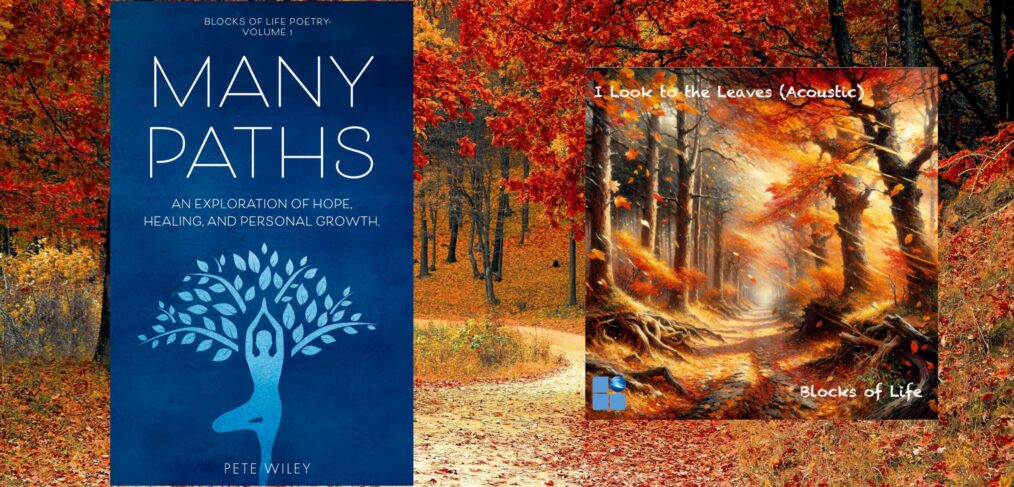Travel can be trying for many people. The stress of driving and flying, the arrangements to make for pets, the packing—it can all lead to a feeling of dread about traveling. But, like most things, a little planning and an open mind can cure a lot of ills. Flexibility in travel can help make for a relaxed, rejuvenating time and allow for some spontaneity of experience with unforeseen opportunities that arise. However, having some goals and a good idea of what you might do can help set the tone for the trip you want. Ultimately, a balance between flexibility and planning will lower the stress and make for meaningful and rewarding travel.
I don’t seem to get sick that much—not since the days of having a young child in the petri dish of daycare and elementary school. But when I do get sick, I try to listen to my body. It’s easy to become grumpy about the lost time and missing out on events and experiences. At the same time, it’s a unique opportunity to experience your mind-body-spirit in different (and challenging) circumstances. It can be similar for injuries. Yes, they can be painful, slow you down, and prevent you from engaging in certain activities. But they also force you to be more mindful and listen to your body.
God, they’re irritating!
Everyone has people in their lives who get under their skin. It might be what they say or how they say it. It might be a behavior or habit they have. But nobody goes through life without someone who just irritates the hell out of them. But what can you do? Well, you do have choices. You can engage on their level or take the bait. You can be passive-aggressive regarding their behavior. You can also cut them out of your lives. But at the end of the day, people will be who they are, so you need to decide if you still want them in your life, and if so, you have to accept who they are.
Today, I am excited to announce the release of my first book of poetry, Many Paths: An Exploration of Hope, Healing, and Personal Growth.
Describing a meaningful and fulfilling life in words is challenging. Although relating the elements of our lives is useful and allows for a practical and detailed understanding, to delve deeper into the emotional aspects of our triumphs and challenges, our passions and pursuits, we need a more creative and nuanced medium. Poetry and music express these ideas in ways that a description could not—in ways that resonate with the reader emotionally and genuinely. I have explored my emotional journey with music and poetry for as long as I can remember, and nothing can compare to these mediums in terms of expressing emotions. Starting about five years ago, I started to write poetry and music based on the ideas in these blog posts and it was the answer I needed to make these ideas whole.
I have taken one of the poems from the book and put it to music in I Look to the Leaves. Although all of my songs contain lyrics, this is the first that began as a poem and became a song.
Most people have a vision for who they are and how they live. This includes how they interact with others, how much they eat and drink, exercise, and sleep patterns. It also might include how much time they devote to their family, job, or passions. You won’t always live your life in a way that is entirely consistent with that vision—no one can—but how you react to missteps is key to making your vision realistic. If you constantly berate yourself over something you did or didn’t do, you’re making it more than it should be and denying part of who you are. If you incorporate imperfection into your vision, you will be much more likely to realize it.





